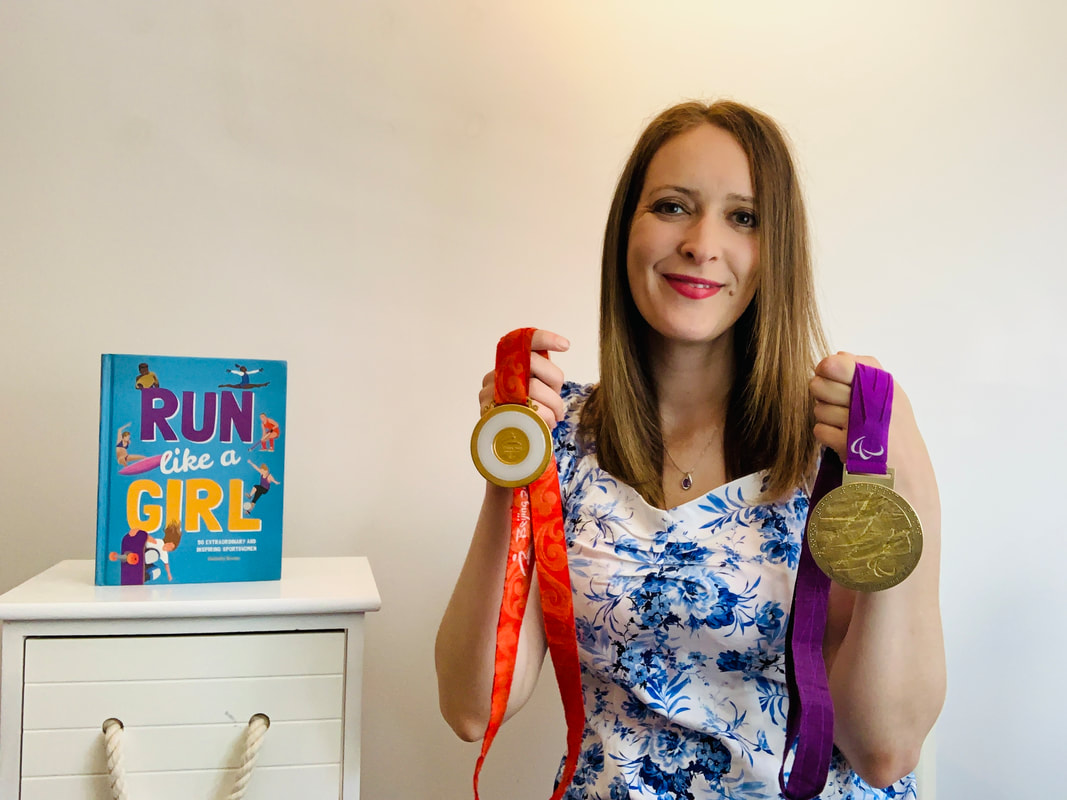|
When I grow up I want to be a… I had a very long list of hopes and aspirations for my future, but never in a million years did I think I’d have a career in sport. In all fairness, I wasn’t very good at it. I loved fell running and, having a super competitive streak, I used to like racing. The only problem was that my two younger sisters used to beat me. I tried kayaking for a short while, and at the end of my level 2 course I was given a special certificate to say I’d achieved more swimming than canoeing. As for golf…? The amount of time I spent digging my way out of bunkers I might as well have invested in a bucket and spade. When I look back and think about five-year-old me, with the path ahead wide open to possibility and potential, the fact that I wasn’t good at sport didn’t once factor into my thinking. I loved the challenge of trying something new and I threw myself into every new activity without a fear of failure. My less than stellar track record wasn’t the reason I limited myself - it just never crossed my mind that sport could amount to anything more than a hobby. It wasn’t what people did. They got proper jobs and did sport around the edges for fun. But to make a living from it…? Not a chance. Why did I think this? Other than a handful of tennis players and perhaps the odd skier, I cannot remember seeing any other female athletes on TV. I didn’t read about them in books, and I didn’t hear about them in the playground. The few women I came across were the exceptions to the rule and, as a result, they weren’t remotely relatable. My journey into elite sport happened quite by accident. When I started archery at the age fifteen it was no different to any other sport I’d tried. I couldn’t hit the target to save my life, never mind the middle of it, but I wasn’t there to shatter world records. I was there to have some fun. Yet, my club coaches saw something in me and they were full of encouragement. “You have potential,” they told me. As I searched for my arrows with help from the club’s trusty metal detector I’m not entirely sure what they saw, but they believed in my abilities and I went along with it. I wanted to be that person they saw so I worked hard, pouring my energy and enthusiasm into it. Every personal best reaffirmed this – I had potential and one day I was going to reach it. The lack of role models impacted how I saw ‘future me’, but when somebody stepped in and changed the narrative, it changed my future. This is a common theme for both girls and boys, and stereotypes affect how they see themselves and their roles within society. Opportunities are lost, passions are denied and potential unfilled because of the belief that ‘it’s not for someone like me’. In sport, we are seeing growth in the right direction (even if it is a lot slower than we might like) and I wrote Run Like A Girl because I wanted to showcase the pinnacle of human performance and the height of human adaptability. There are so many fierce competitors, comeback queens, trailblazers, thrill seekers, change makers and barrier breakers who deserve to have their story told. And the girls and boys out there who deserve to read about them. If I see it I can be it. Representation matters. We need a space where we can see women succeeding, thriving, failing, bouncing back, and testing the limits of human endurance to change perceptions and rewrite harmful narratives. To play sport like a girl is something that we should – and can – be very proud of. Run Like A Girl All over the world, female athletes are breaking barriers, pushing limits and achieving amazing things, but where did their journeys begin? And what challenges did they have to overcome to get where they are today?
0 Comments
Leave a Reply. |
Details
Categories
All
|
|
Contact Danielle at [email protected]
|



 RSS Feed
RSS Feed